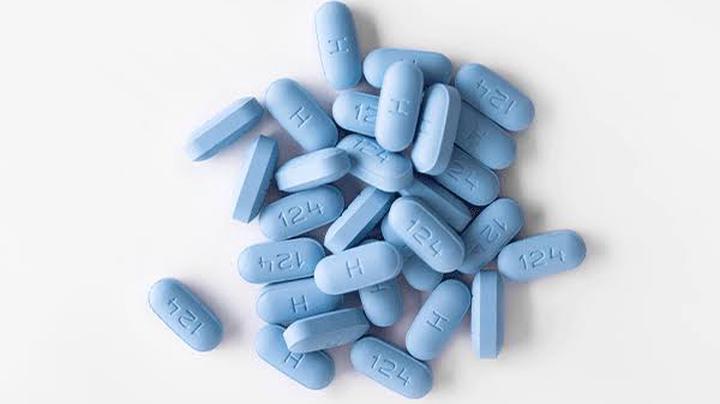Human Immunodeficiency Virus (HIV) is a global health crisis, with an estimated 38 million people living with the virus worldwide.
HIV is transmitted through bodily fluids, and the most common ways of transmission are through unprotected s£xual intercóurse, sharing of needles, and mother-to-child transmission during childbirth or breastfeeding.
While there is still no cure for HIV, there are antiretroviral drugs that can slow the progression of the disease, and in some cases, prevent transmission.
One of the most effective ways of preventing HIV transmission is through pre-exposure prophylaxis (PrEP). PrEP is a medication that can be taken by people who are HIV-negative to reduce their risk of getting infected with HIV.
PrEP is recommended for individuals who are at high risk of contracting HIV, such as men who have Intercourse with men, individuals with multiple s£xual partners, and people who inject drugs.
The most commonly known PrEP medication is Truvada, which contains two antiretroviral drugs, tenofovir and emtricitabine. Truvada has been available since 2012 and has been shown to be highly effective in preventing HIV transmission.
However, Truvada is not suitable for everyone due to its potential side effects, and some people may find it too expensive.
There are other PrEP medications available that are not as well known as Truvada but are just as effective. These medications are known as PEP or post-exposure prophylaxis. PEP is a medication that can be taken within 72 hours of exposure to HIV to prevent infection.
PEP is recommended for individuals who may have been exposed to HIV, such as healthcare workers who have been accidentally pricked by a needle, or individuals who have had unprotected Intercourse with someone who is HIV-positive.
PEP medications are typically prescribed for a 28-day course, and the medications used are similar to those used in Truvada. The most commonly used PEP medication is Tenofovir Disoproxil Fumarate (TDF) and Emtricitabine (FTC), which are also used in Truvada.
However, there is another PEP medication called Raltegravir, which is also highly effective in preventing HIV transmission.
The advantage of PEP medication is that it can be taken after exposure to HIV and can prevent infection from occurring.
PEP medication is most effective when taken within 72 hours of exposure, but it can still be effective up to 28 days after exposure. PEP medication is also generally well-tolerated, and side effects are usually mild and temporary.
While Truvada is the most well-known PrEP medication, there are other options available that are just as effective, such as PEP medication. PEP medication is an essential tool in the fight against HIV and is an important option for individuals who may have been exposed to the virus.
If you think you may have been exposed to HIV, it is important to speak to a healthcare professional as soon as possible to discuss your options for PEP medication…..See More

